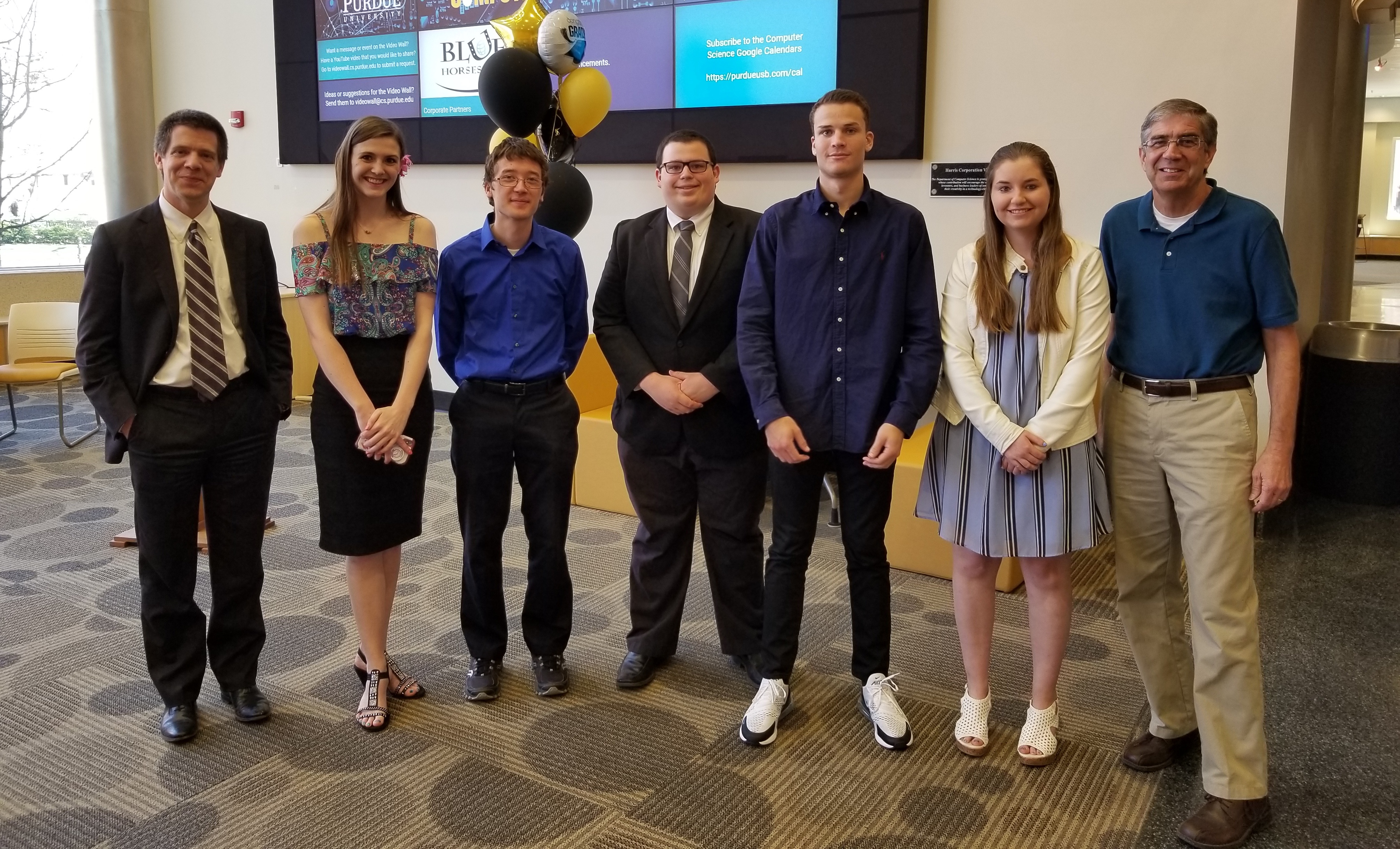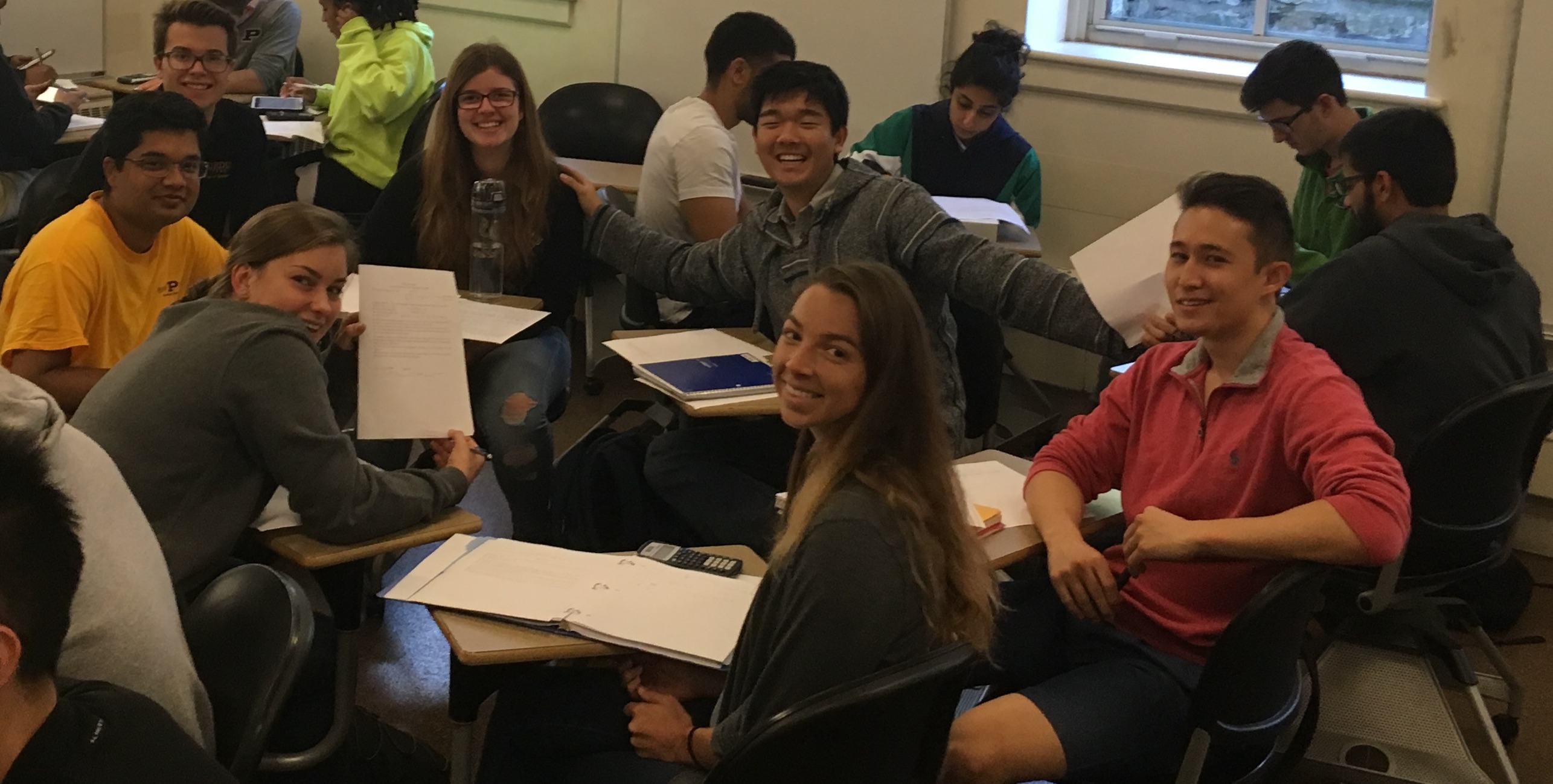
Actuarial Science

This cohort of The Data Mine provides training for returning Actuarial Science students to solve real-world problems that lie at the intersection of Actuarial Science and Data Science. A wide variety of data science techniques will be combined with practical application. Special attention will be paid to education on business and data ethics. Students will learn to deal with large amounts of unstructured data.
During the first semester, students will work in groups to complete a mortality and lapse study using data from a life insurance company.
During the second semester, students will use publicly available data to model and price financial derivatives. Students will apply techniques from courses to real-world data using data analytic methods and tools to complete research.
Apply
Prospective Purdue Students – please see the Learning Community website for information.
Current Purdue Students – please see the general application
Eligibility
Duration
Required classes for students who will be Sophomores, Juniors, Seniors when participating in The Data Mine
The information below is subject to change.
Fall- STAT 41600 (3 credits; section SC7: CRN 68717) Probability
- TDM 10100, 20100, 30100, or 40100 (1 credit; 4 sections available) The Data Mine I, III, V, or VII
- STAT 41700 (3 credits; CRN 15858) Statistical Theory
- STAT 47301 (3 credits; CRN 15138) Introduction To Derivatives Pricing
- TDM 10200, 20200, 30200, or 40200 (1 credit; 4 sections available) The Data Mine II, IV, VI, or VIII
Events and Activities Included
- Weekly dinners with Data Mine participants
- Faculty and graduate student office hours onsite in Hillenbrand
- Seminars by visiting speakers, including practicing data scientists
- Social gatherings with Data Mine members
- Meals with campus and community leaders
- Game / recreation nights
- Career and graduate school panels
- Hackathons / data competitions
- Professional development activities
- Tour of Purdue's computational facilities